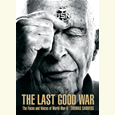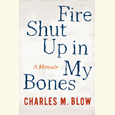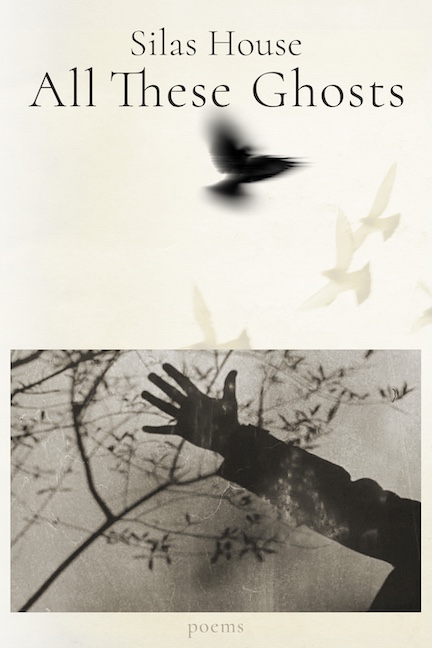A Land of Perpetual Inventions
Stories of the Mountain South defy stereotype in Appalachia Now, a new anthology
Perhaps the most striking feature of Appalachia Now, a new collection of short stories edited by Larry Smith and Knoxville writer Charles Dodd White, is the sheer variety of characters found in it. In his introduction, White descries the array of Southern experiences portrayed in the book: “Appalachia is a perpetual invention, a sneaky dancer that finds a way to dance somewhere out at the edge of what we think it was, what it is, and what we expect it to be.” The people in these stories fight against preconceived types and offer a rich, bold picture of an Appalachia that defies categorization.
 Aside from geography, the one common denominator in these stories is their authors’ attention to the effects of relentless regional change. Whether those transformations come by way of harsh economic realities, the consequence of violence, or alterations to the land itself, the people of Appalachia have remained subject to shifting forces while struggling to maintain pride in their traditions. This paradoxical streak runs through many of the characters’ dilemmas and might provide one clue as to why Appalachia has experienced such a long history of dynamic storytelling. Great fiction thrives on paradox, a resource Appalachia produces in abundance.
Aside from geography, the one common denominator in these stories is their authors’ attention to the effects of relentless regional change. Whether those transformations come by way of harsh economic realities, the consequence of violence, or alterations to the land itself, the people of Appalachia have remained subject to shifting forces while struggling to maintain pride in their traditions. This paradoxical streak runs through many of the characters’ dilemmas and might provide one clue as to why Appalachia has experienced such a long history of dynamic storytelling. Great fiction thrives on paradox, a resource Appalachia produces in abundance.
Not all change is bad news. Several characters in the collection have benefitted from upward mobility, discovering in their suburban lives a different set of rules from those they learned in childhood. In “The Hanging,” Darnell Arnoult sums up a position many Appalachians find themselves in as their families trade up, one awkward or confusing step at a time, for lives that aspire to greater respectability. When a renter living nearby takes his own life, the narrator is reluctant to reach out: “I wouldn’t take food the way I had been raised to do for the sick and the dead. I didn’t know those people. Back home that wouldn’t have been a good enough excuse. But this wasn’t home.”
Other stories depict characters who have fled the region altogether, though some are drawn back by the death of someone important to their early life. In Maria Manilla’s “The Wife You Wanted,” the protagonist narrates her former lover’s funeral to the dead man himself, lying nearby in his coffin. She cannot help but contrast the backwoods life she might have had with him to the refined, urban adulthood she chose instead. Other characters can only conjure their Mountain South lives as memories during times of crisis, as in Mesha Maren’s riveting story, “Confluence,” which finds the wife of a border-patrol officer stranded in desperate conditions deep in a punishing desert landscape.
Following the Grit Lit tradition of portraying brutality in Southern lives, several stories feature harsh, bracing turns of plot that lay these characters bare to all kinds of jeopardy, from external threats to the dangers of the inner life. From a simple hunting trip gone irrevocably awry (David Joy’s “Burning Off into Forever”) to the gruesome results of a shallow home burial (Charles Dodd White’s “Hawkins’s Boy”), these stories offer a haunting picture of changes that cannot be undone.
The currents of inexorable change that define Appalachia Now culminate in the final story, Chris Offutt’s funny and moving “Back Porch.” An ill, elderly woman returns to her home county after a fifty-year absence. Resting on a ridge top she loved as a child, “Her thoughts hopped like a water spider on the surface of a creek. Life was overlap. People lived their lives simultaneously, but eventually everyone who ever knew each other was gone. She hadn’t passed through life so much as life had passed through her.” To face mortality—the grandest transformation available to human beings, and the most common—she returns to the land of her birth, a land that holds her story close, and all the stories of her kin.

Emily Choate holds an M.F.A. from Sarah Lawrence College. Her fiction is forthcoming from The Florida Review, Tupelo Quarterly, and The Double Dealer, and her nonfiction has appeared in Late Night Library, Yemassee, and elsewhere. She lives in Nashville, where she’s working on a novel.


